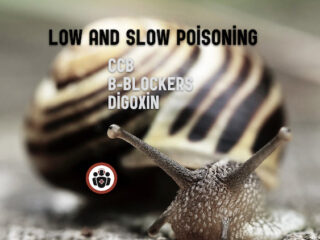EM Cases emergency medicine education podcast
Journal Jam 9 – D-dimer to Rule Out Aortic Dissection
The EM Cases Team is very excited to bring you not only a new format for the Journal Jam podcast but a new member of the team, Dr. Rory Spiegel, aka @EM_Nerd an Emergency Medicine physician from The University Maryland Medical Center in Baltimore, the founder of the EM Nerd blog and the co-host of the Annals of EM podcast. The new format sees Justin Morgenstern, Teresa Chan, Rory Spiegel and Anton Helman doing deep dives into the world's literature on specific practical questions while highlighting some important evidence-based medicine concepts. The question we ask in this Journal Jam podcast: Is there a role for D-dimer testing in the workup of aortic dissection in the ED?










